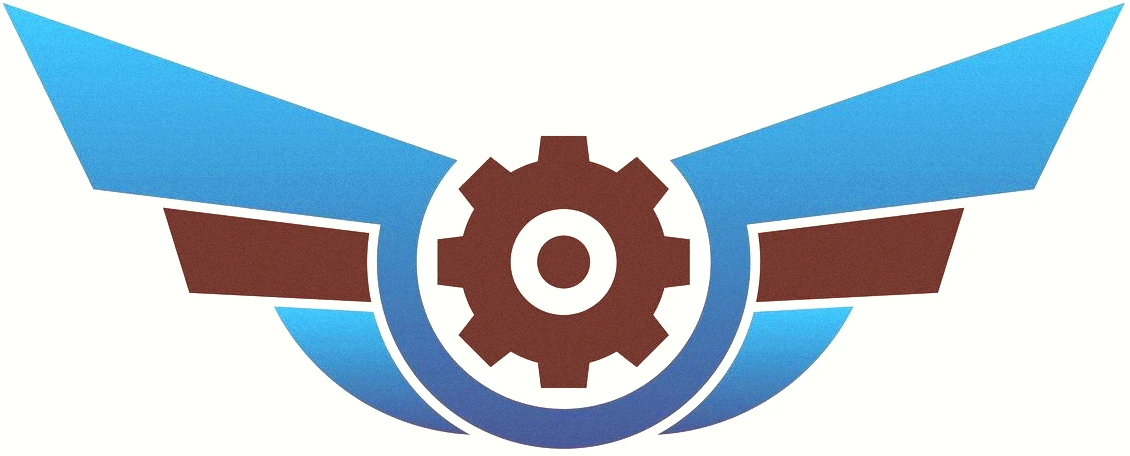The College of The Albemarle (COA), located at the Currituck campus, offers a robust Aviation Systems Technology program that prepares students for FAA Airframe and Powerplant certifications. Students can choose from a comprehensive AAS degree or focused 16-month diploma programs.
Quick Facts
- Length: 16 Months to 24 Months
- Cost: $5,500 to $6,000
- Location: Barco, NC
- Website: https://www.albemarle.edu/programs-classes/credit/programs-of-study/aviation-systems-technology/
Programs
Aviation Systems Technology — Associate in Applied Science
The AAS Aviation Systems degree spans approximately 24 months, covering 91 credit hours and combining classroom, lab, and clinical experiences in aviation systems maintenance.
Curriculum
Students in this track study aviation mathematics, FAA regulations, aircraft structures, engine theory, inspections, and maintenance practices to prepare for entry-level roles in aviation maintenance.
Classes include:
- AVI 110 – Aviation Maintenance – Gen: This introductory course covers fundamental aircraft maintenance topics, including mechanic privileges, basic electricity, aircraft drawings, maintenance forms, and operational procedures. Students also learn fluid lines and fittings, weight and balance, corrosion control, and ground operations. The course prepares students for FAA knowledge, oral, and practical exams for the general portion of the mechanic’s certificate.
- AVI 120 – Airframe Maintenance I: This course focuses on airframe structures and repair methods, including aircraft sheet metal, composite and wood structures, welding, and assembly. Topics include covering and finishes, rigging, and communication systems, giving students foundational airframe knowledge for the FAA mechanic’s certificate.
- AVI 130 – Airframe Maintenance II: Students learn about airframe systems, with an emphasis on electrical, hydraulic, pneumatic, landing gear, and fuel systems. Completion prepares students for relevant portions of the FAA airframe certification exams.
- AVI 230 – Airframe Maintenance III: The final airframe course covers aircraft inspections, instrument and environmental control systems, fire protection, and ice and rain control systems. The course readies students for the airframe rating on the FAA mechanic’s certificate.
- AVI 240 – Powerplant Maintenance I: This course explores piston and jet engines, including auxiliary power units. Students gain the foundational powerplant knowledge needed for the FAA mechanic’s certificate.
- AVI 250 – Powerplant Maintenance II: The focus is on engine systems, covering instruments, fire protection, electrical systems, lubrication, fuel, ignition, and starting systems. Students prepare for relevant FAA exams to earn the powerplant rating.
- AVI 260 – Powerplant Maintenance III: In this concluding course, students learn about propellers, unducted fans, engine cooling, exhaust and reverser systems, and perform engine inspections. Completion equips students to pass the knowledge, oral, and practical exams for the powerplant rating.
Cost
Tuition for the AAS degree varies depending on in-state or out-of-state residency and typically ranges from about $6,000 to $22,000 for the full program. The AAS degree also qualifies for transfer to Elizabeth City State University’s aviation management programs for further study.
Airframe Maintenance Diploma
The Airframe Maintenance Diploma, which takes about 16 months to complete and consists of 49 credit hours, focuses on airframe systems.
Curriculum
It includes courses such as Airframe Maintenance I–III, aircraft drawings, fluid lines and fittings, as well as inspections and maintenance of airframe systems. Students complete foundational courses like aviation general maintenance, technical writing, and math measurement along with specialized training in aircraft sheet metal, flight controls, and fire protection systems.
- AVI 110 – Aviation Maintenance – Gen
- AVI 120 – Airframe Maintenance I
- AVI 130 – Airframe Maintenance II
- AVI 230 – Airframe Maintenance III
Cost
The estimated tuition for in-state students is around $5,500, while out-of-state tuition can reach about $18,000.
Powerplant Maintenance Diploma
For those interested in engine systems, the Powerplant Maintenance Diploma also takes about 16 months and consists of 51 credit hours.
Curriculum
The curriculum covers topics like reciprocating engines, turbine engines, engine electrical systems, and advanced inspections. Students also learn about engine fire protection, ignition systems, and propeller systems.
- AVI 110 – Aviation Maintenance – Gen
- AVI 240 – Powerplant Maintenance I
- AVI 250 – Powerplant Maintenance II
- AVI 260 – Powerplant Maintenance III
Cost
Tuition for the Powerplant program is similar to the Airframe Diploma, with in-state costs of about $5,500 and out-of-state costs around $18,000.
Tuition Details
Cost per credit varies based on the amount of credits, but you can find the details here: https://www.albemarle.edu/costs-paying-for-college/tuition-fees/
FAA Approval and Learning Environment
All three programs are approved by the FAA under Part 147 regulations, ensuring that students receive training that meets industry standards. Students learn in small classes of about 20–25 individuals, allowing for close interaction with instructors and peers.
The program also features an articulation agreement with Elizabeth City State University, offering a smooth transition for students interested in earning a bachelor’s degree in aviation.
Industry Partnerships and Hands-On Training
The Aviation Systems Technology program at COA is supported by community partnerships, like the recent donation of hand-built aircraft parts that enhance the hands-on training experience. Students have access to realistic aircraft components and tools to develop job-ready skills.
This commitment to real-world learning prepares students to enter the workforce with confidence.
Career Outcomes and Opportunities
Graduates of the program can find entry-level employment with air carriers, aircraft manufacturers, repair stations, flight schools, or government agencies.
These pathways offer students opportunities for growth and the chance to pursue advanced aviation certifications and roles. The program’s emphasis on safety, practical skills, and FAA certification ensures that students are well-prepared for the aviation industry.
